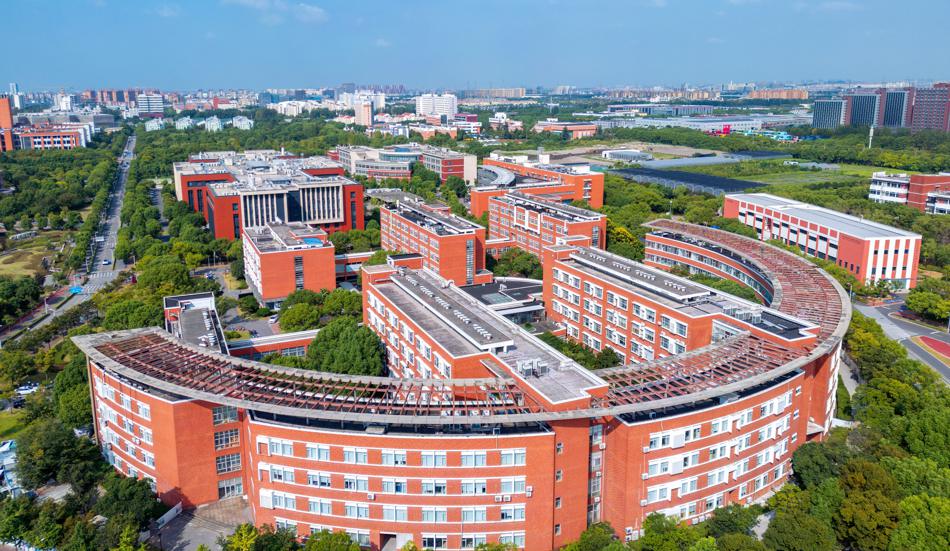Deepening global health understanding: Manchester's enduring partnership with China
United by a shared commitment to improving health outcomes worldwide, The University of Manchester and its Chinese partners are working together to expand medical knowledge, nurture future researchers, and promote equitable scientific discovery.

Long-standing collaborations
After more than a decade of partnership, the links between the Faculty of Biology, Medicine and Health and the top Chinese universities are still flourishing. What started as a shared interest in understanding the genetic causes of rare diseases has now broadened into a desire to understand the similarities and differences in non-communicable diseases in different population groups, and clinical service in two very different health systems.
The University of Manchester has enjoyed mutually beneficial relationships with the globally leading Peking University Health Science Centre (PKUHSC) and the Shanghai Jiao Tong University School of Medicine. PKUHSC was ranked 13th worldwide and 2nd in China in the Times Higher Education (THE) World University Rankings in 2026, while Shanghai Jiao Tong University School of Medicine was ranked 40th globally and 5th in China.
These relationships have changed over time from being exclusively teaching partnerships to offering a global exchange of ideas, learning and talent today.
Expanding the scope of collaboration
Our partners are seeking to improve our understanding of how disease varies and differs across different populations, recognising the increasing need for more personalised and effective treatments in their ethnically diverse populations.

The main campus at Shanghai Jiao Tong University.
What began as teaching partnerships to increase capacity in genetic counselling and clinical leadership in nursing have rapidly evolved into a research partnership in rare diseases. They have now expanded into broader research programmes, with areas spanning nursing, digital health, maternal and foetal health, neuroscience, immunology, cancer and pharmacy.
Two-way exchange of knowledge and talent
These research programmes are enabled by two-way travel between the partner countries via the China Scholarship Council (CSC) Innovative Talent Platform and the National Natural Science Foundation of China.
The Innovative Talent Platform sees PhD students and Visiting Scholars come from either Peking University or Shanghai Jiao Tong University to undertake research at Manchester, while the funding from the National Natural Science Foundation of China supports Manchester researchers to head to Beijing and Shanghai.
Academics from the partner universities then collaborate with these research stars of the future, supporting their study in a different population group or health system. This ability to see and work with different population groups and health systems is helping to progress understanding of disease, and how cultural and lifestyle factors influence physical health.
Advancing global research equity
With non-communicable diseases (NCDs) being the leading cause of deaths globally, there is a real-world need to understand more about how to prevent and treat them. However, historically research has focused on people of European ancestry, though they represent only about 16% of the global population, despite known differences in disease risk, drug response and immune function between populations.
Partnerships like those between Manchester, Peking University Health Science Centre and Shanghai Jiao Tong University School of Medicine help enable equitable research and ensure that all populations benefit from scientific advances. The work coming from these leading research institutions drives global understanding.
